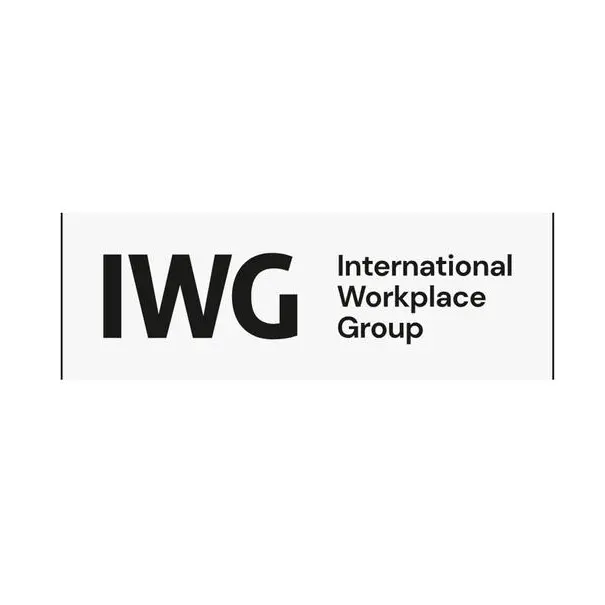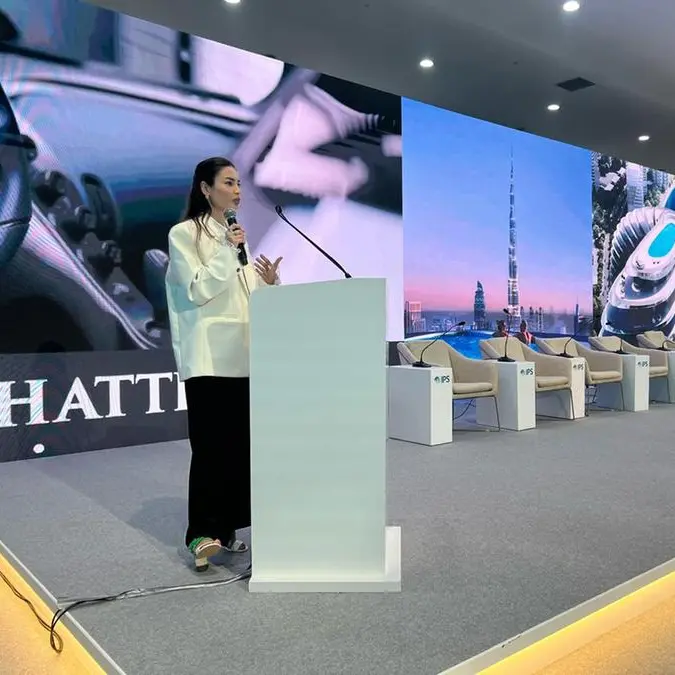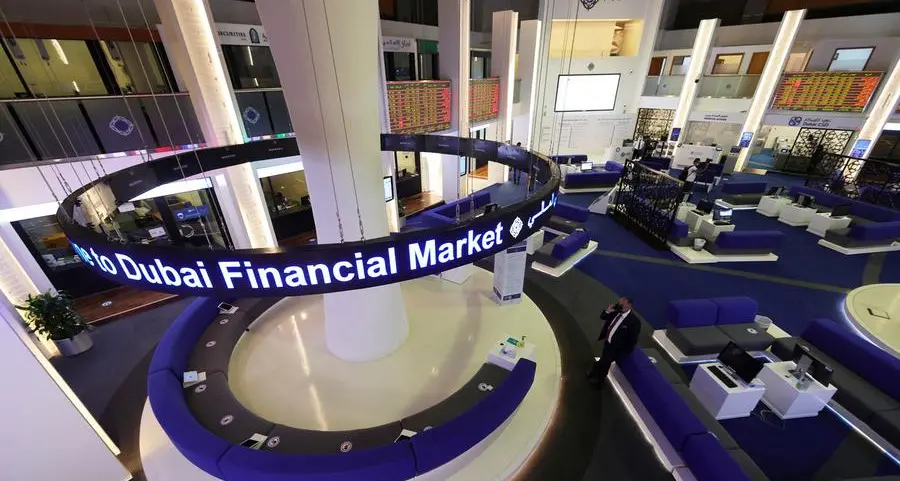PHOTO
Kuwait: Marmore MENA Intelligence, a subsidiary of Kuwait Financial Centre “Markaz” released its research report which explores the avenues for long-term growth of GCC banks which are facing saturation in home markets and uncertainty in regional economies.
GCC banks are highly concentrated in their local countries, with 45% of their branches situated in GCC itself. GCC banks enjoy several advantages when it comes to serving their home markets. There are also restrictions on foreign ownership. This effectively creates a favorable captive market for the banks, which leads to higher margins and better cash flows. Government support, backed by significant deposits, is also a major advantage for the GCC banks. The GCC banks have exhibited exceptional resilience to macroeconomic headwinds in the recent past due to the structural and cultural differences, linked to their risk appetite, when compared to their US and European counterparts. Oil’s strength and the currency’s peg to US dollars ensure stability to the system against economic shocks. Such resilience ensures that the banks can deliver consistent returns to their shareholders.
However, GCC banks, due to their highly localized nature, face challenges, linked to their economies themselves. All GCC economies are dependent on hydrocarbon revenues to a significant extent. Downturns in oil prices, like the one we witnessed during the COVID-19 pandemic, can adversely affect economic performance which will have a ripple effect on the financial sector. Further, being highly localized implies that the services of the GCC banks have been restricted to their respective countries or the GCC region. This has resulted in a stagnation of profit margins. Even though GCC banks have earned profits, every market does have a limit. Once it is reached, growth can be achieved only by venturing into foreign markets. Also, GCC banks are in a nascent stage when it comes to digitization, despite high penetration of internet in the GCC countries. Information Technology will not only assist banks to reach more customers but also enable them to provide different types of products to them. Saudi Arabia and United Arab Emirates (UAE), the two largest economies in the Middle East, have been proactive in terms of their regulatory approach towards digitization progress of banks.
With respect to the geographic diversification of GCC banks, report highlighted common themes that could be observed. While there is considerable cross-border trade and business activity across the MENA region, only a few GCC banks even have a strong pan-regional presence, with 45% of their branches situated in GCC itself. Furthermore, few banks did venture outside their home markets, mainly into Turkey, Egypt and Pakistan. In terms of the number of branches, Turkey (25.5%), Pakistan (13.6%), and Egypt (8.8%) constitute 48% of GCC Banks’ presence outside the region, as of 2022. The GCC banks have not tested the European and American markets, with only 56 branches in total. This implies that there is scope for expansion for GCC banks, into such markets.
The main attraction for venturing into these countries is their large population and the low penetration of banking services as compared to the GCC economies. GCC countries have an average of 3.8 banks for every million people, whereas Turkey, Egypt and Pakistan only have 0.7, 0.3 and 0.1 banks, respectively, for every million people. However, the macroeconomic assumptions about these large economies faltered significantly as political uncertainty affected operations for the GCC banks in the past.
Going forward, there are some possible plays for the GCC banks, in pursuit of long-term growth. Most of the GCC banks are concentrated in their respective home countries, which are now considered as over-banked. This provides scope for the banks to expand into other MENA countries as they too exhibit cultural similarities. However, given the not-so-encouraging outcomes of treading into countries like Egypt, Turkey & Pakistan, GCC banks might be nudged to look beyond the MENA region for growth. The GCC banks, positioned at the crossroads between Europe and Asia, are lately witnessing trade and finance flows. GCC banks can capitalize on such flows by setting up businesses in Europe and Asia. Further, the GCC banks have limited presence in America and Europe. This implies that there is scope for expansion into such markets. The competition in Europe and US would be very high, given that the world’s largest banks are from those regions. However, given the low levels of penetration of Islamic banking in such regions, GCC banks could do well to position themselves in the lucrative Islamic Banking.
The presence of GCC banks, in terms of number of branches, in Turkey, Egypt, and Pakistan
| Country | Turkey | Egypt | Pakistan |
| Bahrain | 226 | 99 | 868 |
| Kuwait | 472 | 136 | - |
| Oman | - | 1 | - |
| Qatar | 480 | 232 | - |
| UAE | 670 | 277 | 235 |
| Saudi Arabia | 308 | - | 44 |
| Total | 2,156 | 745 | 1,147 |
Source: Latest available Annual reports/ Investor presentations
Note: The information and statistical data herein have been obtained from sources (Refinitiv, Capital IQ, Annual Reports by Banks) we believe to be reliable but in no way are warranted by us as to its accuracy or completeness. Markaz has no obligation to update, modify or amend this report.
-Ends-
About Kuwait Financial Centre “Markaz”
Established in 1974, Kuwait Financial Centre K.P.S.C “Markaz” is one of the leading asset management and investment banking institutions in the MENA region with total assets under management of over KD 1.17 billion as of 30 June 2023 (USD 3.82 billion). Markaz was listed on the Boursa Kuwait in 1997. Over the years, Markaz has pioneered innovation through the creation of new investment channels. These channels enjoy unique characteristics and helped Markaz widen investors’ horizons. Examples include Mumtaz (the first domestic mutual fund), MREF (the first real estate investment fund in Kuwait), and Forsa Financial Fund (the first and only options market maker in the GCC since 2005), all conceptualized, established, and managed by Markaz.
For further information, please contact:
- Sondos Saad
- Media & Communications Department
- Kuwait Financial Centre K.P.S.C. "Markaz"
- Email: Ssaad@markaz.com
- markaz.com




















